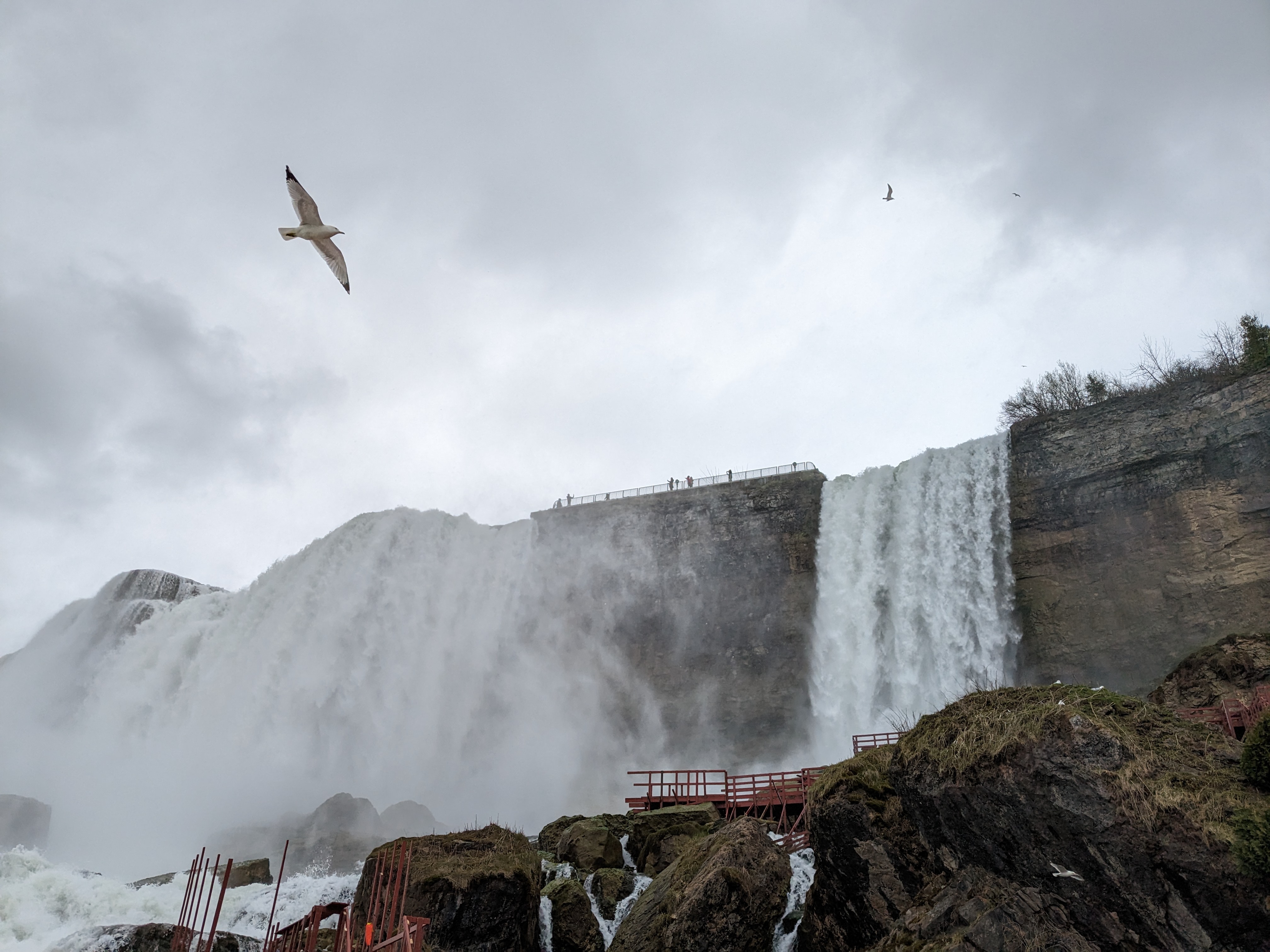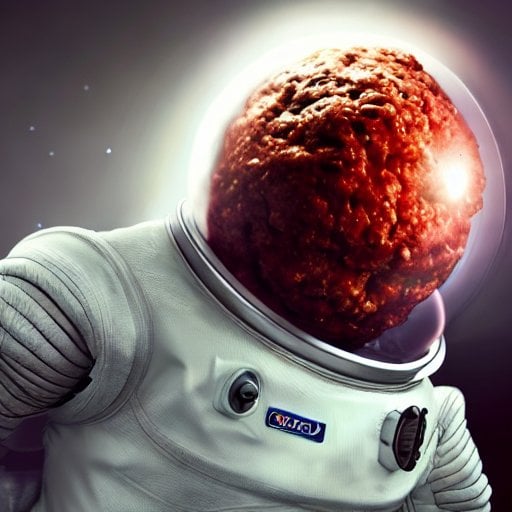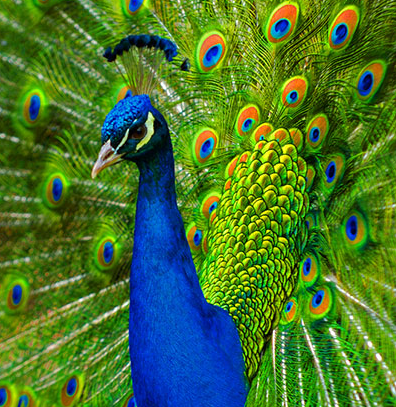Lobsters have urine nozzles under their eyes, and pee in each other’s faces to communicate.
subscribe
Lobsters have olfactory sensory neurons, located in the aesthetasc sensilla on their antennules, which allow them to detect the pheromones in the urine of other lobsters.
A dominant male lobster will pee to signal his dominance and deter other males from his territory. Females may also pee to signal their readiness for mating, and the urine of a dominant male can attract females.
Lobsters also communicate through touch and by using their claws, but no one really gives a fuck after reading about the pee thing.
Tl;dr lobsters have a major piss fetish
Lobster: I can’t understand what you said, please piss it slower for me.
It won’t help, the other lobster has diabetes, so it pisses with an accent.
Thanks for the laugh.
Im interested in the claw communication! How does that work?
Also, the pee stuff is hilarious
Mostly as a show of strength and territorial control. Nothing unexpected. It’s not as nuanced as their pheromone communication.
Ah, so just kinda slappin claws.
I’ve seen them on the bus I think.
Is there any other way to communicate? Peeing in someone’s face is a very effective way to send a message.
When a whale dies and its corpse falls to the bottom of the ocean, entire ecosystems rapidly develop around eating every part of it due to how scarce resources are in the deep ocean. This phenomenon is called a “whale fall” and it’s a major source of energy for deep ocean ecosystems.
Whale whale whale, what do we have here? - deep ocean crabs
Life is worth living today thanks to this comment
Sometimes I wonder if a shipping container full of billionaires would have a similar effect.
We have to find out. We need to try it immediately to see what happens. That’s just basic science
That seems like a waste of a perfectly good shipping container.
Why don’t we just use environmentally friendly hemp ropes and locally sourced boulders?
Locally sourcing boulders over the Marianas Trench is going to be such a pain. I’m pretty sure the environmental benefits will outweigh importing some nice basalt from Hawaii before we leave out.
Or a submarine.
There are lakes in the ocean called brine lakes/pools. Brine is essentially concentrated saltwater; its high salinity means it’s denser than water. On rare occasions, brine doesn’t mix enough with the existing saltwater around it, sinking to the bottom of the ocean and forming these lakes. The lake itself is usually devoid of life; brine itself is so salty that animals go into toxic shock if exposed for too long. However, the edges usually are full of life, where usually things like mussels and other extremophile organisms thrive.
Side note, subnautica’s lost river is based off of this. No big leviathans in real life though, at least none observed yet…
Video for fun: https://youtu.be/ZwuVpNYrKPY
Similarly, SpongeBobs Goo Lagoon is a brine pool.
It was never stated but I always assumed the “goo” referred to industrial waste. But SpongeBob creator Steve Hillenburg was an actual marine biologist and would have been well aware of brine pools, so that’s probably right.
Brine can be from industrial waste
Technically, brine just means a high concentration of salt in a fluid. It doesn’t necessarily have to be sodium chloride like we know, it can be other salts, like calcium chloride. Though the most common case for industrial brine is just desalination plants, other industries can still create brine, like mining/oil drilling. It also depends on how it’s released. Large amounts dumped at once is the reason for manmade brine pools.
deleted by creator
Wow, I had no idea these were a thing… and it’s so funky how the surface of the brine pool interacts with the surrounding seawater!
Greenland sharks are pretty amazing
They can grow up to 24 feet putting them at the same giant scale as great whites and basking sharks, but most are usually closer to 5 meters long
They can live for hundreds of years due to extremely slow metabolism and ambush feeding, some individuals found around 400 years old are as old as the Jamestown colony, Don Quixote, and the discovery of logarithms.
They are opportunistic feeders and have been found with polar bear and reindeer in their digestive systems, and can pull/vacuum in water to catch their primary prey of fish, eels, and other sharks.
24 feet ~ 7.3m
5m ~ 16’5”
deleted by creator
deleted by creator
Back to the horrors of the deep…
They also commonly have eye parasites that severely impairs their vision or blinds them called Ommatokoita elongata.
So they get to live long with multiple generations of parasites stuck in their eyes they can’t get out.
Be me
young shark, ready to make my mark on the world
Find a book falling from the sky called Don Quixote
eh_mid.jpg
Ignore humans for a few hundred years, eat some fish instead
Find out it’s become a core component of their identity and everyone knows about it
Even had a ballet about it
wtf
Don Quixote is actually an awesome book, you should definitely read or listen to it. Give it a bit to get rolling, and you will absolutely be doubled over with laughter
So 5 meter long sharks with 24 feet? That sounds terrifying. How far up the beach can they run?
feet … meters
Oh, please.
Are they the ones where you have to ferment the flesh or it is toxic? Or wasn’t that a shark?
fun fact: we kill 3 TRILLION animals a year, most of which are sea animals.
fun fact: animals, exluding humans, kill about 1 MILLION of us humans a year, most of which are not sea animals.
Weird mathematical fact about that,
That works out to almost exactly every person on Earth killing exactly one animal every day.
deleted by creator
I guess people eating a basket of shrimp are balanced out by people sharing one cow with several hundred others.
Isn’t like more than half that number diseases like malaria spread through mosquitoes
Yeah, the numbers are different everywhere, but mosquitoes cause at least 50% of that million.
Fun Fact: I found the hunter
Does it include bugs? I can’t imagine we kill more fish than bugs
Shrimp, lobsters, and crabs are kinds of bugs.
Arthropods, not bugs.
Does “bugs” have a scientific meaning? I was assuming it was a layman’s term that I could abuse.
An “insect” or “bug” is an arthropod with six legs in the class Insecta. There’s also “true bugs” which are in the order Hemiptera (or even just the suborder Heteroptera if you are super nitpicky) - this includes things like leafhoppers, aphids, assassin bugs…
Within Insecta, we have Hemiptera, Hymenoptera (ants, bees, wasps), Coleoptera (beetles), Lepidoptera (butterflies, moths) and Odanata (dragonflies, damselflies).
To get to crabs, lobsters, and shrimp, you have to zoom out to jointed exoskeletons - Arthropods. (And I think crabs are a clusterfuck that make cladists cry, I’m in a landlocked state and haven’t got to do much ocean science myself so won’t put my foot in my mouth there.)
Other things that are “not bugs” but often called such - spiders, scorpions, whip scorpions and vinegaroons are all Arachnids (arthropods with specialized limbs called chalicerae - those cool things at the front of a spiders mouth), Rollie pollies/pill bugs are Isopods. Centipedes and millipedes are Myriapods.
Your larger point about how it’s weird that people get grossed out by the idea of eating mealworms but are okay with chowing down on shrimp is a good one though.
weird how people will eat lobsters and crabs, but won’t eat grasshoppers and ants.
Not sure what your definition of people is, but Mexicans, Ugandan, and Koreans all eat grasshoppers (and probably others). I know crickets are eaten in Southeast Asia.
Ants seem too tiny to try to eat, but a Google search reveals they are eaten in South America and Southeast Asia.
Not a fact but a question:
How do whales keep water out of their anuses when they are deep diving?
Whales have been known to dive almost 2 miles deep and at that depth you’re looking at almost 300 atmospheres of pressure and a whale’s sphincter has to be strong enough to resist that.
I had to look it up out of curiosity. The rib cage and lungs of sperm whales are adapted to collapse under pressure, squeezing all the air in the lungs into a small space and increasing internal cavity pressure.
I think that also happens to humans, but without being adapted to it, it’s a one way squeeze.
Like a tube of toothpaste
Not as minty
Depends what you eat.
Wait, why didn’t they get the bends?
They know to ascend slowly to avoid it, but it can absolutely happen.
https://www.whoi.edu/press-room/news-release/how-do-marine-mammals-avoid-getting-the-bends/
Ty!
They can if they do too many dives in rapid succession.
You get the bends by having a lot of nitrogen dissolved on your bloodstream due to the pressure. So it’s a function of how much nitrogen you breathe, how much pressure you’re breathing it at, and the total amount of blood (and some other tissues) in your body that can absorb that nitrogen. Divers get the bends because they are taking multiple breaths of air under pressure, there is multiple lung volumes of nitrogen cycling though the diver. Whales and other diving animals don’t typically “hold” their breath when they dive, but if they did, it would only be 1 breath of air for the entire dive. Air in the lungs is bouyancy they don’t want and can potentially injure them when it re-expands. Most marine diving animals will saturate their blood and muscles with oxygen at the surface and then dive and exhale.
They don’t. That’s their kink.
Same.
Norwegian fjords are freaking deep. When you’re on the shore of Sognefjord, you’re standing in front of a 1300m deep canyon filled with ocean water.
New anxiety unlocked.
Fun Fact: Dolphins fart.
I mean everything farts, right? What about a snail?
It’s a delicacy in France. Escargot de poopoo
tube worms don’t have digestive systems of their own. it is possible they don’t fart. The bacteria they symbiose with might fart on their behalf though.
There are many tube worms that do have digestive tracts, but I assume you are talking about chemosymbiotic tube worms that are found in methane seeps and hydrothermal vents. These guys essentially live in farts (hydrogen sulfide, methane), which their symbionts use for chemosynthesis.
And so do fish.
Sharks are older than trees and the north star.
And Saturn’s rings!
And some living sharks are more than 200 years old, probably.
The perfect killing machine
Whales suffocate to death; they don’t drown.
Human breathing is controlled by the autonomic nervous system. We have to hold our breath on purpose to stop ourselves from automatically breathing. This makes us passive breathers. Whales, however, are active breathers. They must choose to inhale which is why they can sleep without sucking in air. When they get too old, sick, or weak to surface, they suffocate.
Bonus fact: whales can’t breathe through their mouths; it goes straight to the stomach. The blowhole is the only respiratory tract.
Bonus bonus: a blue whale’s throat is so small it could choke to death on a grapefruit.
Bonus bonus: a blue whale’s throat is so small it could choke to death on a grapefruit.
I’m sure their throat can be blocked that way; but if they can’t breathe through their mouth anyway, is it actually choking? Or just terminally blocked?
Fair point. I didn’t even consider the ramifications of wording it like that instead of just saying it has a small throat. I tend to use analogies a lot
Nah, it makes sense, and ice heard this phrasing before - just always wondered if they meant the poor whale couldn’t breathe, or basically just had indigestion!
4" / 10cm throat
Thalassaphobia is a real thing
I, for one, think it’s completely fucking reasonable to afraid of deep, dark water. Phobia my ass.
Some phobias are irrational but that’s not part of the meaning of the word
We are killing the ocean by increasingly acidifying it. This has been known by scientists for decades.
But have you thought of the benefit? Free club soda!
All crabs are now soft shell crabs! Think of the deliciousness!
Ocean acidification occurs because the ocean serves as a carbon sink. Excess carbon dioxide in the atmosphere forms weak carbonic acid in ocean water. The ocean has historically been slightly basic, and as it inches towards a neutral pH, it makes it impossible for things like oysters to form their shells.
One big problem is that it’s one of the biggest carbon sinks. It’s keeping that greenhouse gas out of the atmosphere. However - as you might notice if you leave a can of Coke out on a hot day - the solubility of gases in liquids decreases when it’s hotter. The world heats up because of greenhouse gasses, less greenhouse gasses can be stored in the ocean and re-enter the atmosphere, which heats the world up more…
Then we also have the lovely “ice albedo” positive feedback loop - dark ocean water absorbs more of the suns radiation, sea ice reflects more of it. Sea ice melts as earth heats up, exposing dark ocean which absorbs more heat and melts more ice….
Well at least there’s not a fuckton of methane hydrates on the ocean floor that are now releasing a greenhouse gas 30 times more potent than CO2 refrom the ocean floor as the water gets warmer. And that isn’t a self-feeding loop that means it’s probably too late to save ourselves now.
Because that would be bad.
Methane at least breaks down faster than CO2. Heavier, so stronger effects, but at least the CH4 breaks down after a decade or so instead of centuries.
Tl;Dr
We fucked yo
Pretty much. We set off several positive feedback loops and punctured the equilibrium, and nature’s going to have to find a new one. Whether or not that can support life as we know it know is up in the air.
(I didn’t even mention phytoplankton die offs - a lot of the oxygen produced on earth is from photosynthesis happening in the ocean - not from terrestrial plants. So you also have less of a carbon sink in that process as well.)
When I was a child, long road trips would leave the front grill of our car caked with bugs. When I’d hunt for dandelions with my siblings, leaning close to the ground revealed a world just teeming with activity.
Now - where are the bugs? Especially with how difficult it is to identify insect species, we’ve probably lost hundreds of thousands of bugs that were never named or studied. How critical were those bugs to their ecosystems?
It’s difficult to motivate people to care about species of phytoplankton or ants though. Even the “save the bees” thing got twisted into a celebration of non-indigenous species that were brought in for agricultural purposes (wasps are critical for pollination, but not as cute as honey bees I guess.) The more you study ecology, the more you realize how complicated and interlocking it is, the more you realize that most human beings cannot be brought to care without substantial changes to our education system.
Well, changing it dramatically. It’s going to stay within historical ranges where ocean life flourished, but without any exoskeleton-heavy animals like corals in the mix.
Metal nodules on the ocean floor produce oxygen
Global warming has a slower effect on the oceans than in air temperatures, yet we’ve passed a tipping point where many sea regions are consistently 3C warmer than pre-industrial era, and they are helping air temperatures set records too. Even since 2016, summer tropical North Atlantic ocean has been over 2C warmer than 2016. This region is also called “hurricane alley”, and ocean heat has an exponential effect on hurricane strength.
Okay that’s a bit too scary 😭
My theory on tipping points with ocean to air temperatures is that El ninos cause a step up in air temperatures now. This happened in 2015/2016, where air temperatures stayed above 2015 levels every year afterwards, even if 2016 record stayed up for a long period. 2023/2024 was another step up. Ocean and air temperatures help each other set summer records, and that ocean heat persists into fall/winter to help moderate winter air temperatures, that makes spring have a head start on new summer records, or at least keep the new el-nino set baseline, until another step up the next el-nino.
what if we finally get to the moon and there’s another ocean there waiting for us
In this scenario, is the pool made of blood? Because then I have a game for you.
Liquid cheese? Oceans of Cheese Whiz?
I would give everything to experience this.
you are in luck we have the answer: https://youtu.be/aIIBBj6KR-Y
Maybe it’ll be fun enough that we’ll simply forget to explore it’s depths YAY

















